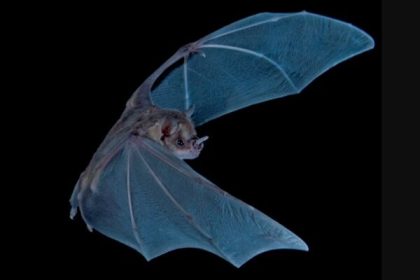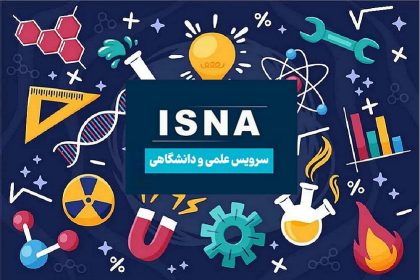A new study shows that artificial intelligence can play an effective role in the early diagnosis of autism spectrum disorder in toddlers. By developing a model based on machine learning, researchers have succeeded in identifying children under two years of age who are at risk of developing this disorder with an accuracy of about 80%.
This model is trained by analyzing data from a large study on children with and without autism diagnosis. By focusing on 28 measurable behavioral measures in children under two years of age, researchers have been able to identify specific behavioral patterns in children with autism. The results of this study show that the developed model has been able to distinguish children with autism from other children with acceptable accuracy. Of course, the researchers stress that this model is only a screening tool and the definitive diagnosis of autism should be made by health professionals.
One of the significant points in this study is the identification of some behavioral factors that play an important role in predicting the probability of autism. Difficulty in eating, delay in speaking, problems in toilet training and the age of the first smile are among these factors. However, some experts have warned against the widespread use of this model. They believe that there is a possibility of diagnosis error in this model and early diagnosis of autism may lead to mislabeling of some children.
Overall, this study shows that artificial intelligence can be used as a powerful tool in the early diagnosis of autism. However, for the widespread use of this model in clinical services, more studies and more detailed evaluation are needed.
RCO NEWS















